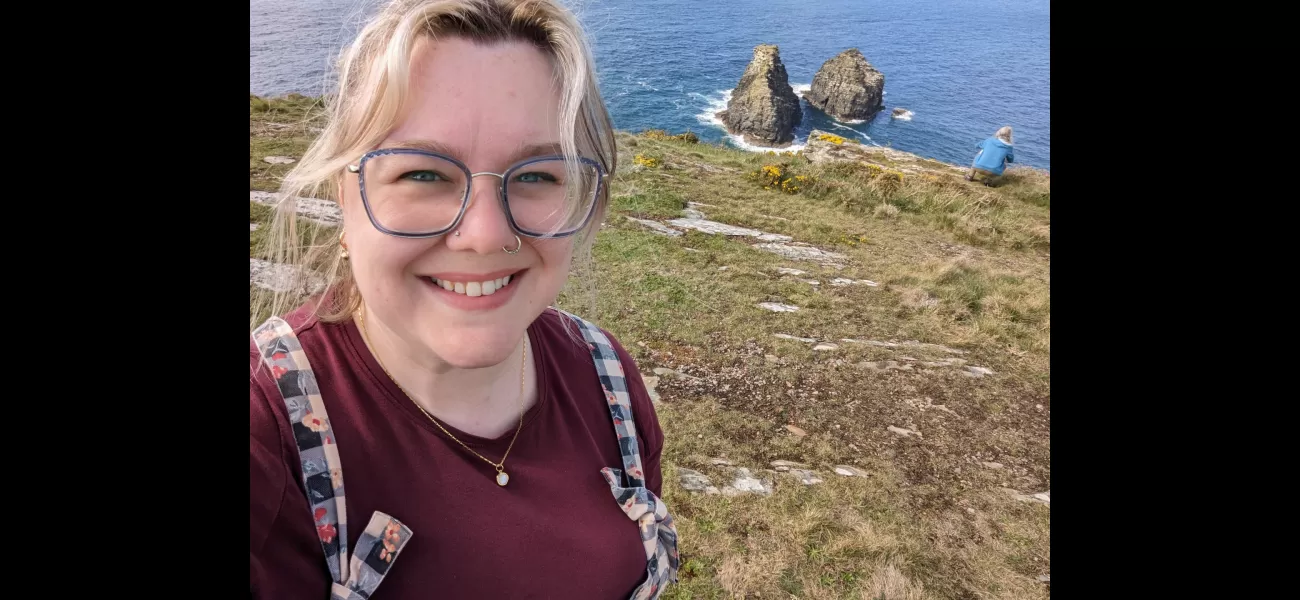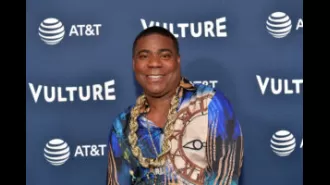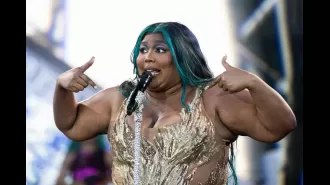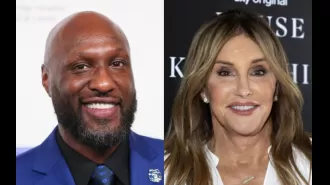An abrosexual is someone who takes a long time to understand their sexual identity, as it took me 30 years to figure out my own.
Sometimes I feel like a lesbian, but other times I feel more like a bisexual.
July 5th 2024.

When I first came out as abrosexual to a close friend in 2020, I was met with a range of reactions. Some were supportive, while others were dismissive and judgmental. Unfortunately, the friend I confided in was not able to accept and embrace my identity, and our friendship ended as a result.
For those who are not familiar with the term, abrosexuality is a fluctuating and changing sexual identity. It can be difficult to understand, and I myself struggled to come to terms with it for many years. Growing up in the 90s, the only sexual orientations that were acknowledged were straight, gay, and lesbian. Anything beyond that was considered made up.
But as we know, there is a whole spectrum of sexual identities and orientations that exist. However, it can take time for these terms to become widely known and accepted. This is why it wasn't until two years ago, at the age of 30, that I learned about abrosexuality. It was like a lightbulb went off in my head when I first read about it on the Instagram page of Zoe Stoller, a US based creator and educator in the LGBTQ+ community.
But even though I finally had a name for my identity, not everyone was accepting or understanding of it. I've encountered many people who have questioned and doubted my abrosexuality, some even going as far as to suggest that I am "just confused" or should "pick a lane." It can be frustrating and hurtful to hear these comments, but I always try to educate and explain in a respectful manner.
Despite the challenges I've faced in accepting and embracing my abrosexuality, I am lucky to have a supportive network of friends and family who have taken the time to understand and learn more about it. But I know that this level of acceptance and understanding is not universal. Many people are not open to learning about new sexual orientations unless it directly affects them. And this is where the importance of education and awareness comes in.
I believe that through education and exposure, we can create a more accepting and inclusive society. This is why I am grateful to individuals like Stoller, who have used their platform to raise awareness and visibility for the LGBTQ+ community. Without their efforts, I may have continued to feel lost and unsure about my identity.
In the end, all that matters is that I am able to understand and accept my own identity. And now that I have a name for it, I am excited to see how my abrosexuality will continue to evolve and change. I no longer feel restricted or nervous about my sexuality, and I know that it is just as valid and real as any other identity.
I do wish that my friend had been more open-minded and accepting, but I have come to terms with the fact that not everyone will understand or support my identity. And that's okay. What's important is that I have found acceptance within myself, and I hope that one day, society as a whole will also be more accepting and understanding of all sexual orientations.
For those who are not familiar with the term, abrosexuality is a fluctuating and changing sexual identity. It can be difficult to understand, and I myself struggled to come to terms with it for many years. Growing up in the 90s, the only sexual orientations that were acknowledged were straight, gay, and lesbian. Anything beyond that was considered made up.
But as we know, there is a whole spectrum of sexual identities and orientations that exist. However, it can take time for these terms to become widely known and accepted. This is why it wasn't until two years ago, at the age of 30, that I learned about abrosexuality. It was like a lightbulb went off in my head when I first read about it on the Instagram page of Zoe Stoller, a US based creator and educator in the LGBTQ+ community.
But even though I finally had a name for my identity, not everyone was accepting or understanding of it. I've encountered many people who have questioned and doubted my abrosexuality, some even going as far as to suggest that I am "just confused" or should "pick a lane." It can be frustrating and hurtful to hear these comments, but I always try to educate and explain in a respectful manner.
Despite the challenges I've faced in accepting and embracing my abrosexuality, I am lucky to have a supportive network of friends and family who have taken the time to understand and learn more about it. But I know that this level of acceptance and understanding is not universal. Many people are not open to learning about new sexual orientations unless it directly affects them. And this is where the importance of education and awareness comes in.
I believe that through education and exposure, we can create a more accepting and inclusive society. This is why I am grateful to individuals like Stoller, who have used their platform to raise awareness and visibility for the LGBTQ+ community. Without their efforts, I may have continued to feel lost and unsure about my identity.
In the end, all that matters is that I am able to understand and accept my own identity. And now that I have a name for it, I am excited to see how my abrosexuality will continue to evolve and change. I no longer feel restricted or nervous about my sexuality, and I know that it is just as valid and real as any other identity.
I do wish that my friend had been more open-minded and accepting, but I have come to terms with the fact that not everyone will understand or support my identity. And that's okay. What's important is that I have found acceptance within myself, and I hope that one day, society as a whole will also be more accepting and understanding of all sexual orientations.
[This article has been trending online recently and has been generated with AI. Your feed is customized.]
[Generative AI is experimental.]
0
0
Submit Comment





